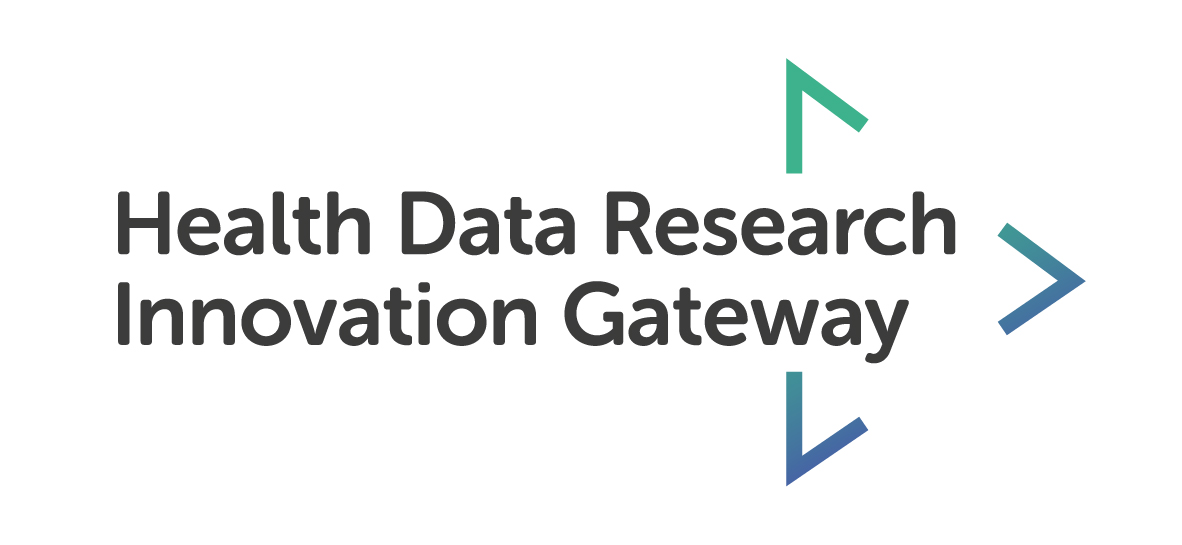How CPRD is driving more equitable research
5 October 2023 | Author: Ruth Milne, Communications Manager, Infrastructure and Services
The Clinical Practice Research Datalink is a world-leading research resource that has been empowering researchers with data-driven insights for more than 30 years. Its new Ethnicity Records are a step closer to more inclusive public health research and clinical practice.
CPRD – a rich source of health data
Delivered by the Medicines and Healthcare products Regulatory Agency (MHRA), the Clinical Practice Research Datalink (CPRD) holds a wealth of healthcare information. It collects anonymised primary care data from a network of GP practices to provide a population health dataset covering 60m patients in the UK which can be linked to other health-related data for a fuller picture of the patient care record.
This real-world data service has been supporting researchers for decades, facilitating research into drug safety, health care delivery and disease risk factors to deliver valuable insights into public health and patient safety. CPRD has been cited more 3000 times in peer-reviewed publications.
There’s no ‘one-size-fits-all’ for healthcare
A person’s ethnicity can play a significant part in their susceptibility to certain diseases, response to treatments, and overall health outcomes. But our ability to understand these disparities is hampered by a lack of comprehensive ethnicity data made available for research. Acknowledging the need for accurate data to drive equitable healthcare practices, CPRD recently launched its Ethnicity Record datasets so that researchers can use ethnicity data more effectively.
Ethnicity Records – the missing data
Reliable and accurate ethnicity data is essential to fully understand inequalities in healthcare. CPRD’s Ethnicity Records allows researchers to investigate disparities in health data across various ethnic groups and identify differences that may have been overlooked in the past.
The records pull data from two CPRD primary care databases as well as from available secondary care datasets (linked Hospital Episode Statistics) and are standardised to work alongside other CPRD databases. There are two Ethnicity Records available for research:
- CPRD GOLD* Ethnicity Record
- CPRD Aurum* Ethnicity Record
- *GOLD and *Aurum – refers to the software system used to collect the data. Because the data structures and codes differ between the two systems, the databases are provided separately.
To ensure the ethnicity datasets are as complete as possible, CPRD uses an algorithm to combine and consolidate related patient care records. When linked to Hospital Episode Statistics (HES) data, CPRD’s completeness of its Ethnicity Records is over 80%.
The impact on healthcare research
The availability of CPRD’s Ethnicity Records champion a more inclusive approach to public health research. The datasets provide researchers with a powerful tool to explore the complexities of healthcare inequalities among diverse populations. For example, the data might be used to determine if certain ethnic groups have a higher risk of developing specific health conditions or if ethnicity is a factor in how individuals respond to treatment and medicines. Armed with such data, healthcare providers and policymakers can make more informed decisions about patient care, ultimately leading to more equitable healthcare for all.
Find out more
Explore the CPRD Collection on the Gateway
Discover almost 50 metadata descriptions from CPRD listed on the Health Data Research Innovation Gateway, including their recently added Ethnicity Records.
Learn more about CPRD through its learning resources
Find our more about CPRD’s research data service by accessing an array of freely available learning modules, including guidance on how to access CPRD data.
Watch our webinar recording
Our October Data Access and Discovery webinar explored CPRD’s world-leading research data service, with a focus on its new Ethnicity Records. We also introduced some of the wider work of the UK Health Data Research Alliance focussed on the challenges and opportunities in the use of data reporting ethnicity.
We were joined by Eleanor Axson (Senior Researcher at CPRD); Paola Quattroni (Head of Alliance Strategy and Engagement at HDR UK); Ashley Akbari (Associate Professor of Population Data Science Research at Swansea University); and Mike McMillan (Business Development Team Leader at CPRD).



